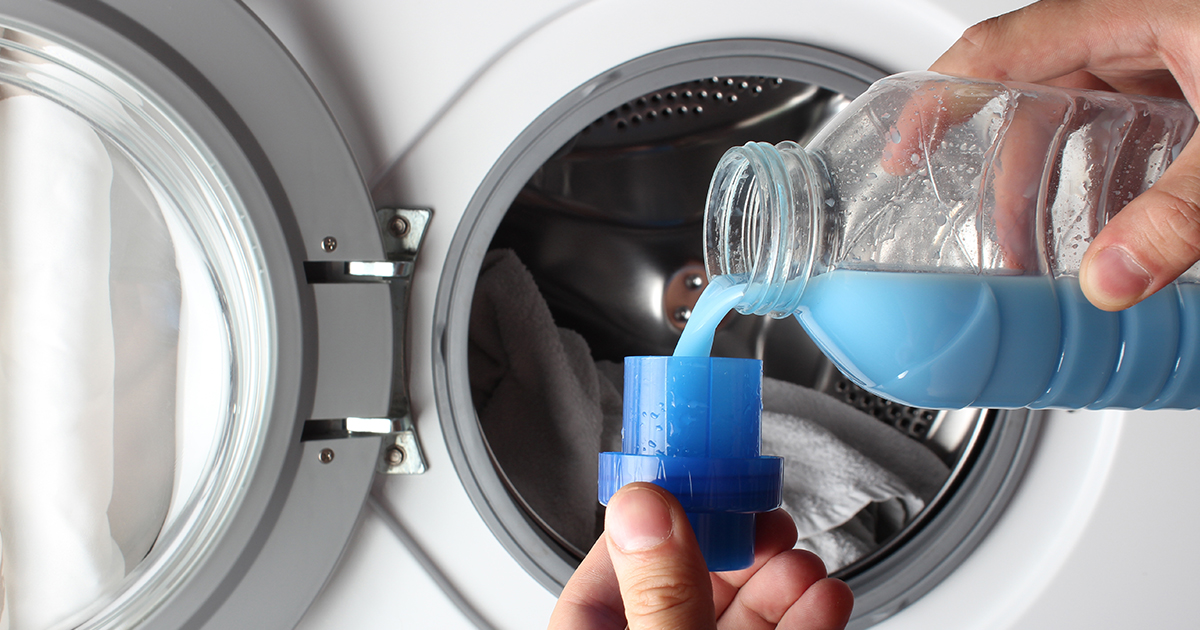Psychologist Mihaly Csikszentmihalyi described flow as a state of being totally immersed in an activity in which time disappears and performance feels effortless. Often called “being in the zone,” this state has drawn the attention of athletes, artists, and performers over the years. But what is flow, and can it be harnessed to improve well-being and productivity?
Flow: A Working Definition
Csikszentmihalyi, in his amazing book Flow: The Psychology of Optimal Experience, defined flow as the sweet spot where your skill level meets a difficulty level. Too much of a challenge brings on anxiety, and too little just causes boredom. Flow happens when both are in balance. This leads to an enjoyable mental state linked to greater creativity, productivity, and satisfaction.
The Psychology Behind Flow
Research shows that during flow, there’s less activity in the prefrontal cortex, the region of the brain linked to self-consciousness and doubt. This lets individuals focus without distraction. Neurochemicals like dopamine and endorphins surge, causing feelings of pleasure and greater motivation.
Key Conditions For Flow To Work
To get into a state of flow, you need three things: a clear goal, immediate feedback, and a balance between challenge and skill. For example, a musician practicing a piece that pushes their ability but is within their reach is more likely to enter a flow state than somebody playing something way too easy or ridiculously difficult.
Flow In Our Daily Lives
Flow is often associated with athletes and artists, but it can take place while doing everyday activities as well. Cooking, gardening, writing, or even just doing meaningful work tasks can all bring flow. The key is not so much what you’re doing, but that the activity stretches your abilities just enough to require focus, while still being enjoyable and purposeful.
Flow Brings Mental Health Benefits
Flow is more than just a nice feeling; it strengthens your overall well-being. Csikszentmihalyi’s studies show that people who regularly experience flow report higher levels of happiness and less stress. Engaging fully with activities helps individuals let go of their worries and gain a sense of clarity, purpose, and emotional stability.
Flow And Peak Performance
Professionals from surgeons and musicians, straight on through to athletes, rely on flow to gain peak performance. Studies on athletes show that being “in the zone” generally corresponds to increased accuracy, endurance, and creativity. The same is true in workplaces, where those employees who experience flow are more engaged, productive, and innovative. This can make flow a valuable tool for individuals and organizations.
Strategies To Cultivate Flow
To encourage flow, start by setting clear, reachable goals and getting rid of distractions. Break big tasks into a series of smaller manageable steps to sustain your motivation. You can create a designated space for your activity, whether it’s writing, painting, or practicing a sport; doing this signals your brain that it’s time to focus. Consistent practice builds skill and makes your flow state easier to achieve.
Can Everyone Achieve Flow?
Csikszentmihalyi stressed that flow is a universal human condition that anyone can experience; it doesn’t matter who you are or what you do. However, it demands practice and intention. People who partake in hobbies, learn new skills, or seek out serious challenges have a better chance of reaching a flow state. The more times you can get into this state, the more it’ll turn into a normal part of everyday life.
Conclusion
The science of flow shows that fulfillment isn’t just in accomplishing your goals, but in finding enjoyment while working toward them. As Csikszentmihalyi wrote, flow is a gateway to a more meaningful, engaged life. If you can strike a balance between skill and challenge, setting goals, and eliminating distractions, anyone can get into “the zone” and find enjoyment in the present moment.
You May Also Like:
10 Good Habits To Keep Your Mind Sharp
Lifestyle Changes To Improve Your Anxiety
Declutter Your Home, Declutter Your Mind: Pushing Back Against The Chaos











